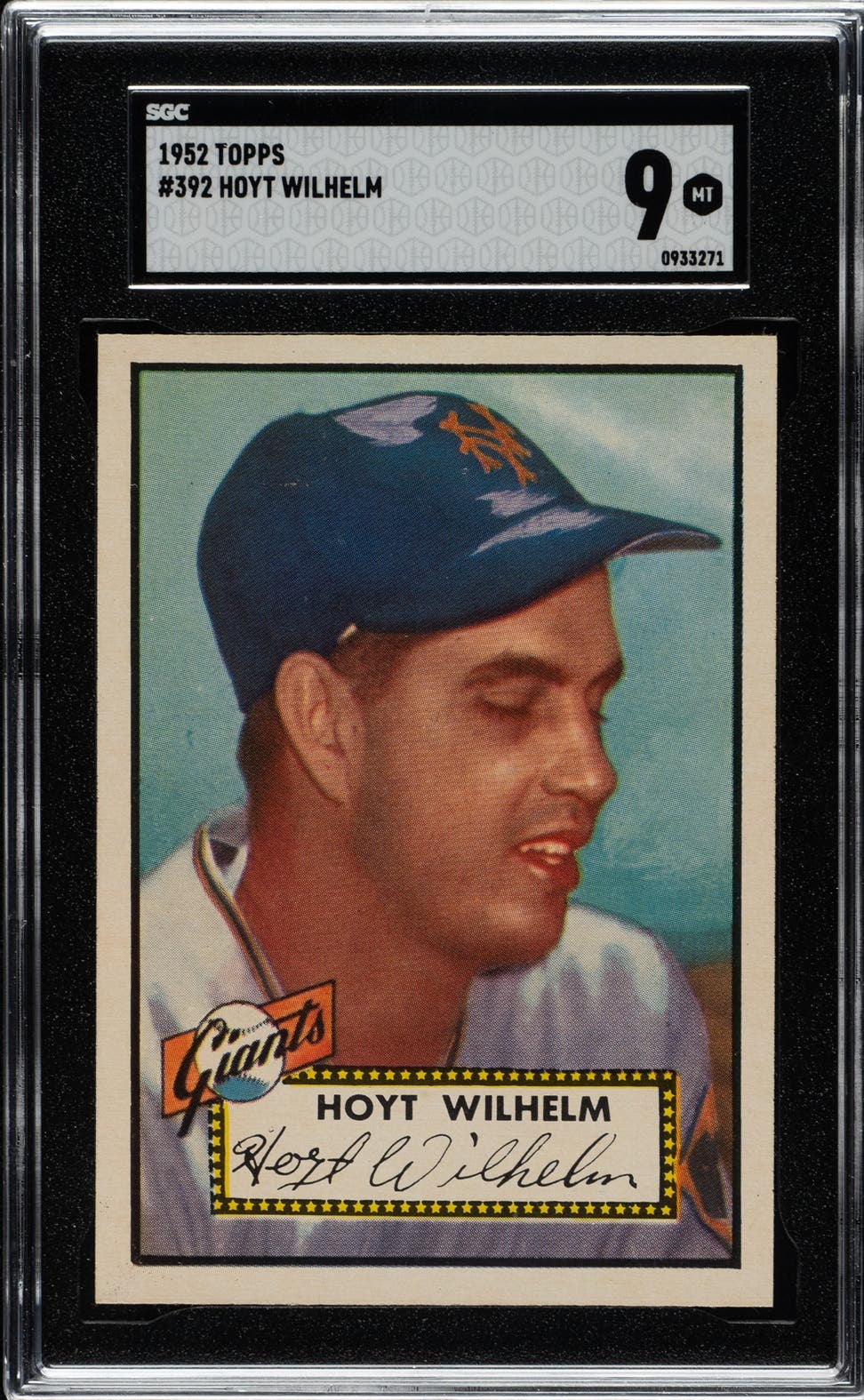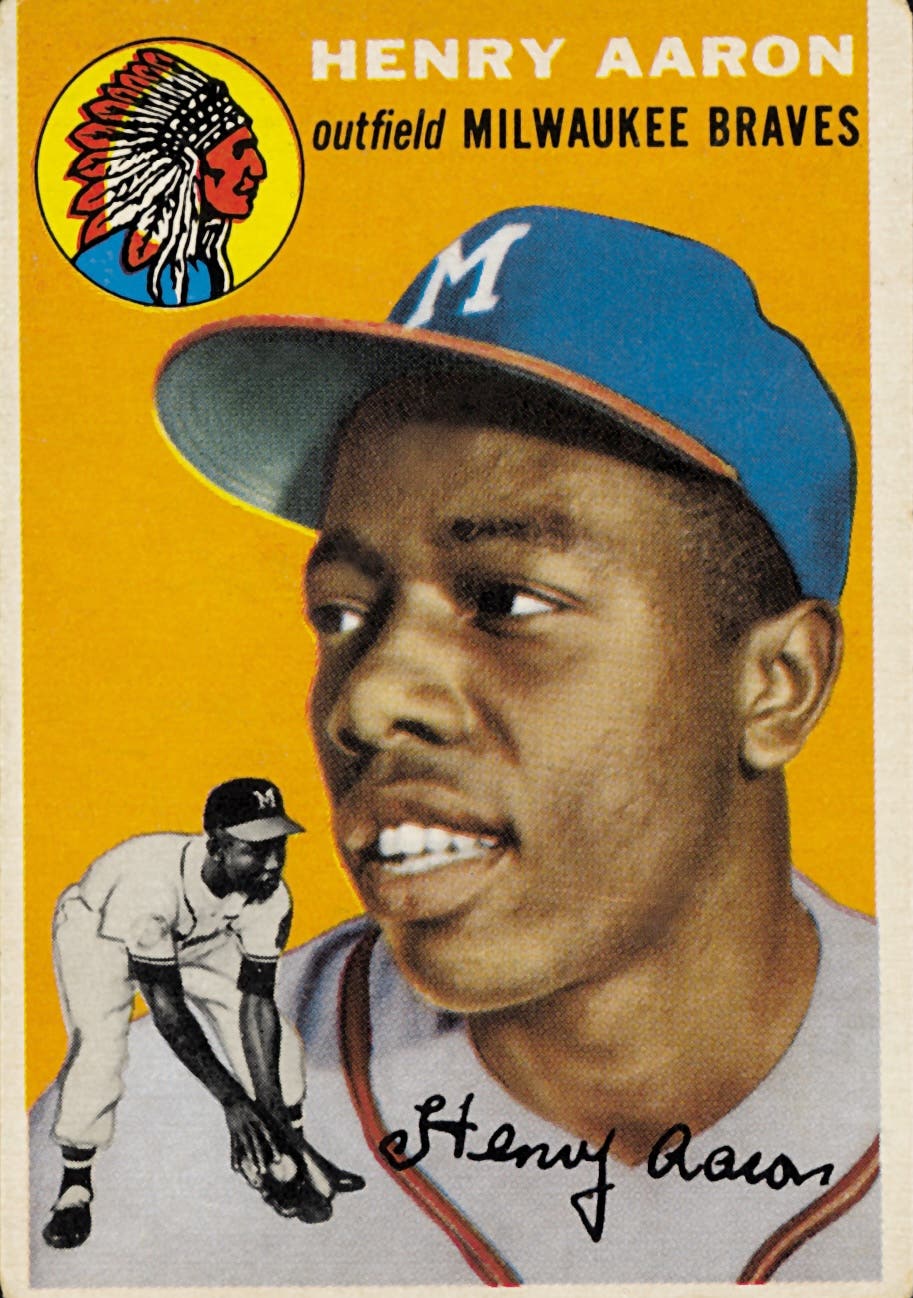News
‘Wide Right’ becomes signature moment
In the driveways, backyards and playgrounds of our youth, we daydream about being the hero. The whiffle ball we smack over the bushes wins a World Series. The buzzer-beating jumper we swish results in a national championship. The football we rifle through the tire our dad suspended from that tree makes us Super Bowl champs. The puck we wrist into the taped-off square on the garage door enables us to hoist Lord Stanley’s Cup. The trash can we hurdle produces Olympic gold.
We experience only shining moments. Our Mighty Casey never strikes out.
Growing up in Northern Virginia in the 1960s and ’70s, Scott Norwood was no different from the rest of us. The boy who would become a legendary kicker for the Buffalo Bills fantasized often about becoming a sports hero, too. In his dreams, the kick always soared over the crossbar and through the uprights. In his dreams, he won the Super Bowl.
Clearly, that’s what Norwood was visualizing when he walked onto the grass field in Tampa Stadium 29 Januarys ago to attempt a 47-yard field goal with eight seconds remaining. He was going to make that field goal and make good on that childhood dream. He was going bring a Lombardi Trophy to long-suffering Buffalo.
“That was my intention,’’ Norwood was saying recently while signing a pile of Bills jerseys at the Legends & Stars Winter Sports Exposition in Batavia, N.Y., 30 miles east of Buffalo. “But sometimes things don’t work out as planned.”
Sometimes a kick goes awry. Sometimes a dream turns into a nightmare. And, so it did for Norwood during that 20-19 loss to the New York Giants in Super Bowl XXV back in 1991. There was no joy in Billsville that late January night. Mighty Scott pushed his kick wide right.
To this day, some cruelly define Norwood by that miss, conveniently forgetting all the big kicks he made while helping the Bills rise from the ashes of consecutive 2-14 seasons. In 1988, when he made 32 of 37 field goal attempts and earned All-Pro honors, he had a foot in five of Buffalo’s 12 victories. Although Super Bowl XXV came down to a kick that was hardly a chip-shot, Norwood wasn’t the only Bill to fail that day. Pro Football Hall of Famers Jim Kelly, Andre Reed and Bruce Smith played poorly, too. And Bill Parcells and Bill Belichick out-coached Buffalo’s Marv Levy and his staff.
“It wasn’t a Scott Norwood loss; it was a Buffalo Bills loss,’’ said former Bills General Manager Bill Polian, who was signing at the same show as his former kicker. “The bottom line is that we shouldn’t have put him in that position in the first place. We wouldn’t have been in the Super Bowl without Scott. He played a pivotal role in helping us turn things around.”
True that, but it’s a fan’s nature to remember a missed field goal with seconds remaining rather than the missed tackles earlier in the game that enabled Giants running back Ottis Anderson to keep the chains moving and the clock running. Norwood was unfairly labeled the goat, and would be forced to bear the greatest burden from that era, even though he wasn’t around for the last two of the Bills unprecedented four consecutive Super Bowl defeats.
“President Kennedy said that life isn’t fair, and it hasn’t been to Scott Norwood,’’ Polian said. “But Scott will be the first to tell you there are harder things that people have to deal with in their lives. We forget sometimes that sports is the toy department of life; it’s not life or death. That said, it’s been a rough go, but Scott’s handled it better than anybody could have ever imagined. He is what he’s always been: a great person, a level-headed, empathetic guy.”
Wide Right would not be Norwood’s last kick. He returned to the Bills for the 1991 season and converted a field goal and all three of his extra point attempts in Buffalo’s Super Bowl XXVI loss to the Washington Redskins. After that game, Norwood was released, ending a seven-year stint with the team. He attempted to hook on with other NFL teams, but there weren’t any takers.
He and his wife, Kimberly, who hails from the Buffalo suburb of West Seneca, moved to Virginia, where Scott helped run an upscale landscape business, and they raised their three children, now all adults. For several years, Norwood laid low, stayed out of the public eye. Polian and teammates reached out to him, and about a decade ago he began attending Bills reunions and even returned to New Era Field (formerly Rich Stadium), where he was introduced to the crowd and received a thunderous ovation.
“We’re all so happy about that because Scott needs to know that he’ll always be a part of the Bills family, and he needs to know how much we all care about him,’’ Polian said. “To us, he’s not Scott Norwood the guy who missed the field goal; he’s Scott Norwood, the guy who helped get us there.”
The past decade also has seen Norwood participate in the card show circuit. He makes a handful of appearances each year, mostly in Western New York, and he enjoys mingling with Bills fans who remember those glory years of the late 1980s, early 1990s. People will plop down blue-and-white No. 11 jerseys, shiny helmets, footballs, programs and all sorts of cards, including some from his United States Football League days.
Occasionally, he’ll be asked to sign a photograph of the field goal attempt for which he’s most remembered, as well as some novelty items, such as jerseys with the nameplate “Norwide” rather than “Norwood.” Although these evoke painful memories, he dutifully puts Sharpie to photo or cloth, even adding the words “Wide Right” upon request.
“I’d be lying if I said that’s an enjoyable experience, but it’s part of the history of my career, and it’s clearly an important moment in Bills history, so I’ve learned to cope with it as best I can,’’ Norwood said. “I can’t deny the kick happened. And most people are good about it, not confrontational. So, I sign and keep moving on.”
Norwood, who turns 60 in July, recently began teaching physical education at a Catholic elementary school not far from his home, and he’s having a blast. Most of his students are aware of his previous occupation as a professional football player. “There are a lot of transplanted Buffalonians (in Virginia), and I teach a few of their kids, so the word’s kinda spread like wildfire,’’ he said, smiling. He enjoys imparting life lessons he’s learned from sports. These include how to handle defeat.
Some of Norwood’s finest moments have come after his most painful one. With wounds still raw, he stood at his locker for nearly an hour following his infamous miss, answering question after question after question. It would have been understandable had he kept his comments brief and bolted for the showers after just a few minutes. Instead, Norwood stayed until every last question was asked, providing thoughtful, occasionally poignant, answers. His classy response to adversity resonated with coaches and teachers across America. That offseason, Norwood received thousands of cards and letters, mostly from total strangers, lauding him for his grace, and encouraging him to soldier on.
“I guess it was just the way I was raised,’’ he said, when asked about facing the music. “It’s very easy to stand there and answer questions when things go great, but how do you react when things don’t go as planned? I believe you have an obligation to stand in there, good times or bad. The reporters had a job to do. The fans wanted to know what happened. It’s not always fun, but you can’t just soak up the sunshine in life. Sometimes, you got to soak up a little rain, too.”
There still are occasions when Norwood runs into nasty people who lambaste him for the missed kick from long ago. “I do my best to be empathetic; I try not to judge people,’’ he said. “I don’t know what someone like that is going through at the time. It could be a projection of other things that are bothering them in their lives. As long as it’s not too injurious, I try to approach it with understanding and empathy.”
And, in doing so, he continues to show us how to be champions even when our dreams don’t come true.
Best-selling author and nationally honored journalist Scott Pitoniak recently published, “Forever Orange: The Story of Syracuse University.” He can be reached at spitoniak@aol.comor on twitter @scottpitoniak.








